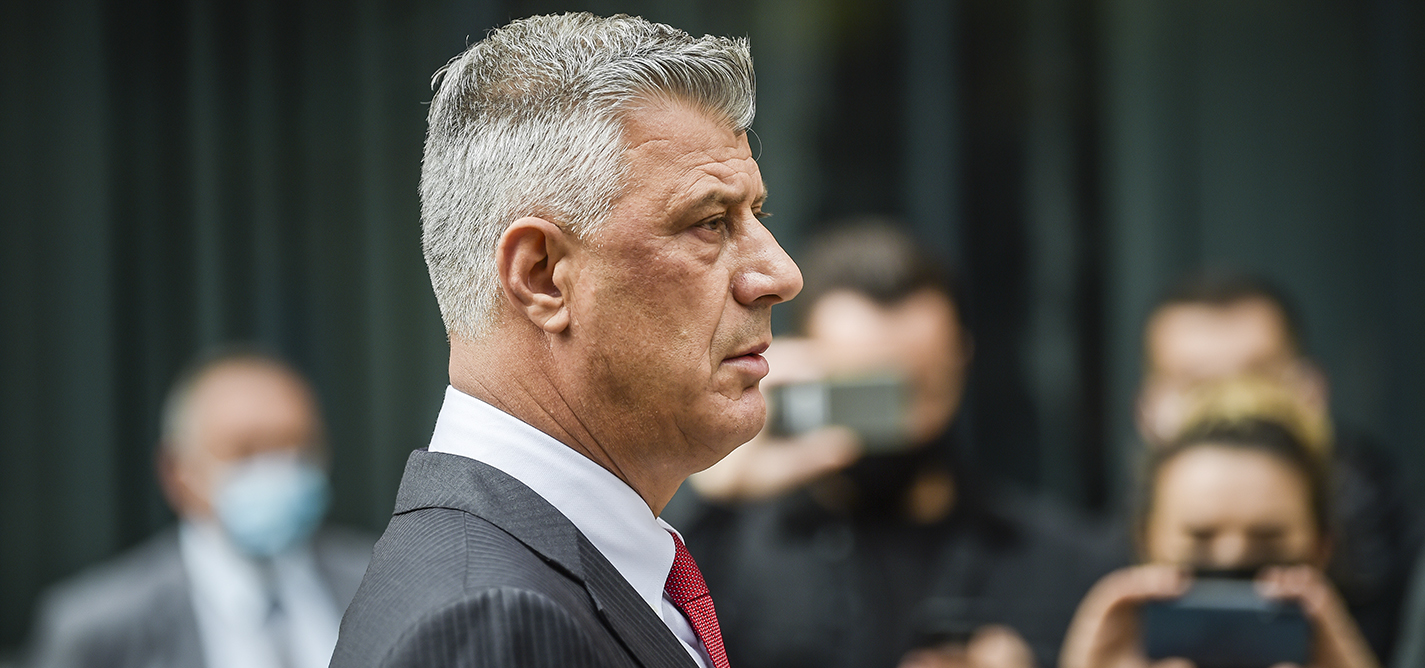
Hashim Thaçi resigns as president
War crimes indictments confirmed against leading politicians.
|05.11.2020
|
What are the Kosovo Specialist Chambers?
Vjosa Osmani attended a handover ceremony at the Presidency on Thursday afternoon.

Kosovo 2.0
Kosovo 2.0 is a pioneering independent media organization that engages society in insightful discussion. Through our print and online magazines, debates and advocacy initiatives, we are dedicated to deepening the understanding of current affairs in Kosovo, the region and beyond.
This story was originally written in English.